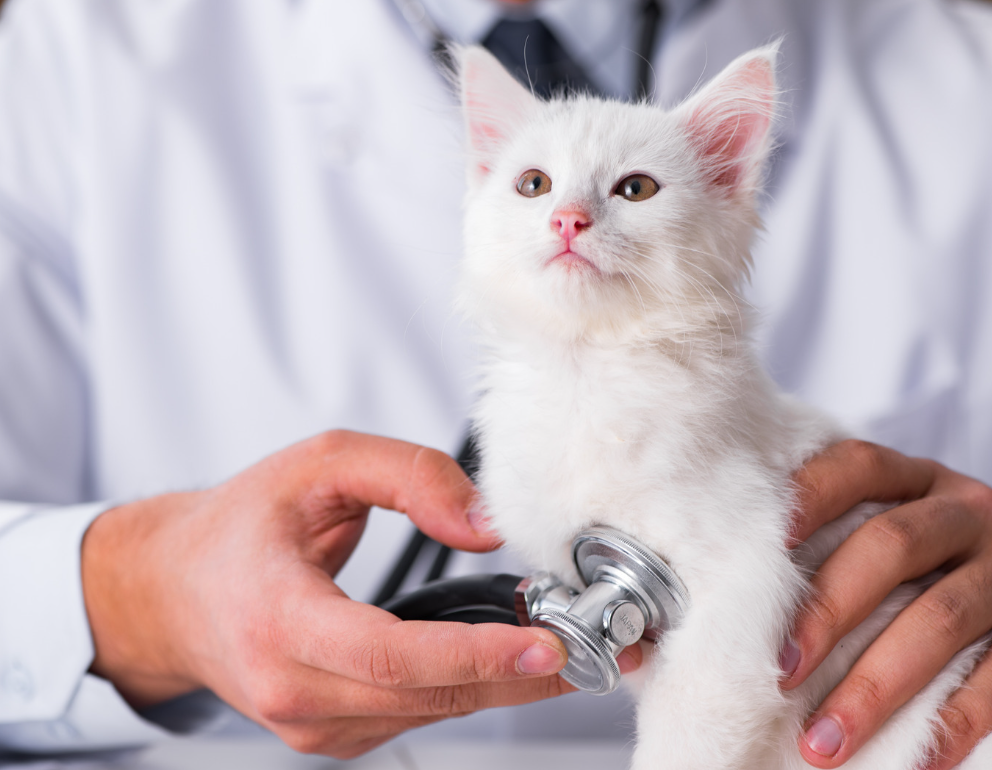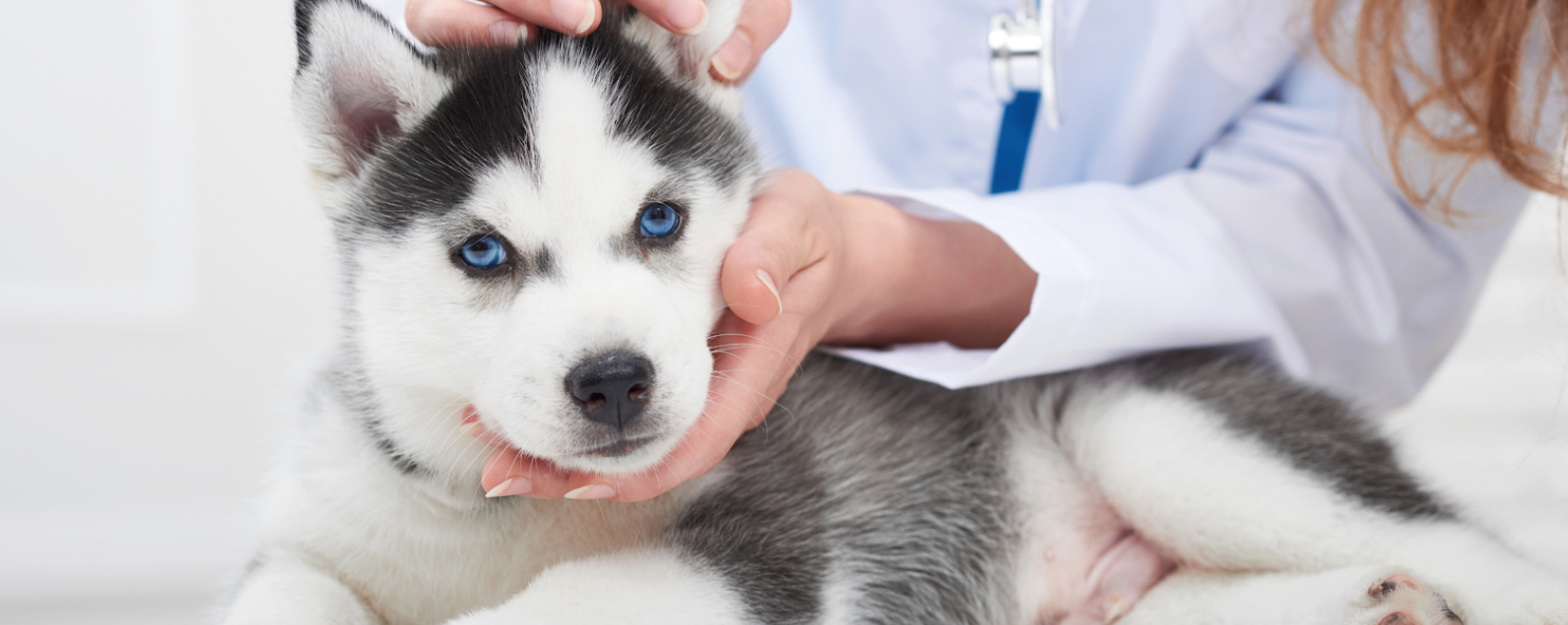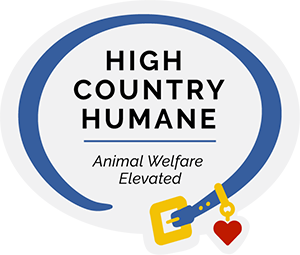Low-Income Spay & Neuter Clinic
Low-Income Spay & Neuter Clinic:
Please help pet overpopulation in your community, get your companions spayed/neutered, vaccinated, and microchipped!
Hours Of Operation, Spay & Neuter Day: FRIDAYS!
Location: High Country Humane
11665 N Highway 89
Flagstaff, AZ 86004
Email: publicclinic@highcountryhumane.org
Call: (928) 853-8864
Surgery Drop Off: 8AM
Surgery Pick Up: 3:30-5PM
To book an appointment, please see below.
Make an Appointment:
To schedule an appointment, please fill out the APPOINTMENT BOOKING form by clicking the button below.
Pricing:
Payment is required at the time of the service, and we regret to inform you that we do not provide any payment options, such as ScratchPay, for services.
Dog
- Dog Spay (1-50 lbs) $125
- Dog Spay (51-75lbs) $150
- Dog Spay (76-99lbs) $180
- Dog Neuter (1-50 lbs) $115
- Dog Neuter (51-75lbs) $145
- Dog Neuter (76-99lbs) $170
Cat
- Cat Spay $85
- Cat Neuter $65
Additional Services
- Vaccines $15 each
- Microchip $25
- Flea/Tick Treatment $25
- De-Wormer $15
- FELV/FIV test $35
- Pain Meds $19
- E-Collar $15


Important Reminders:
- This service is for residents of Coconino County ONLY
- Dogs & Cats only
- Kittens must weigh at least 2 pounds, puppies must be at least 8 weeks old
- No dentals or other procedures – spay/neuter only!
- Appointments can be booked 1 month in advance MAXIMUM. We do not have a waitlist at this time.
- If you do not show up for your appointment, you will lose your spot – NO RESCHEDULING
- Senior pets (10yrs or older) must have a vet appointment with High Country Humane first to determine if pet is in good health for surgery. Call 928-853-8864 or email publicclinic@highcountryhumane.org to schedule vet appointment.
Low-Income Qualifiers
To schedule an appointment with us for low-cost veterinary care, it is mandatory to meet one of the following low-income qualifiers. Proof of the qualifier must be provided when booking the appointment.
- Medicaid
- WIC
- SNAP
- HCH Pet Food Bank Client
- SSI
- SSDI
- Unemployment

Why Spay/Neuter?:
There are a number of important reasons why you should spay and neuter your pets:
- Overpopulation control: One of the primary reasons for spaying and neutering is to control the pet population. There are millions of stray and homeless animals worldwide, and many of them end up in shelters or live on the streets. By spaying and neutering our pets, we can help prevent the birth of unwanted litters and reduce the number of animals that end up abandoned or euthanized.
- Health benefits: Spaying and neutering can provide significant health benefits for pets. In females, spaying eliminates the risk of uterine infections and greatly reduces the risk of mammary gland tumors, which can be cancerous. In males, neutering helps prevent testicular cancer and reduces the risk of prostate problems. Spaying and neutering can also reduce behavioral problems, such as roaming, aggression, and marking territory.
- Behavior improvement: Unneutered male animals are often more aggressive and prone to roaming in search of mates. They may exhibit territorial marking behaviors, including urine spraying, which can be difficult to manage. Neutering male pets can help reduce these behaviors and make them more focused on their family and less likely to engage in destructive or territorial activities. Spaying female pets can prevent the onset of heat cycles, which can cause restlessness, excessive vocalization, and attract unwanted attention from male animals.
- Longevity: Spaying and neutering can contribute to a longer and healthier life for pets. The removal of reproductive organs reduces the risk of certain diseases and eliminates the possibility of certain reproductive system-related cancers. It also decreases the likelihood of pets engaging in risky behaviors, such as fighting or attempting to escape to find a mate, which can result in accidents or injuries.
- Community benefits: Spaying and neutering have positive effects on the community as a whole. Fewer stray and feral animals mean less risk of conflict with wildlife, reduced spread of diseases, and a cleaner environment. It can also reduce the nuisance caused by roaming animals, such as howling or fighting at night.
